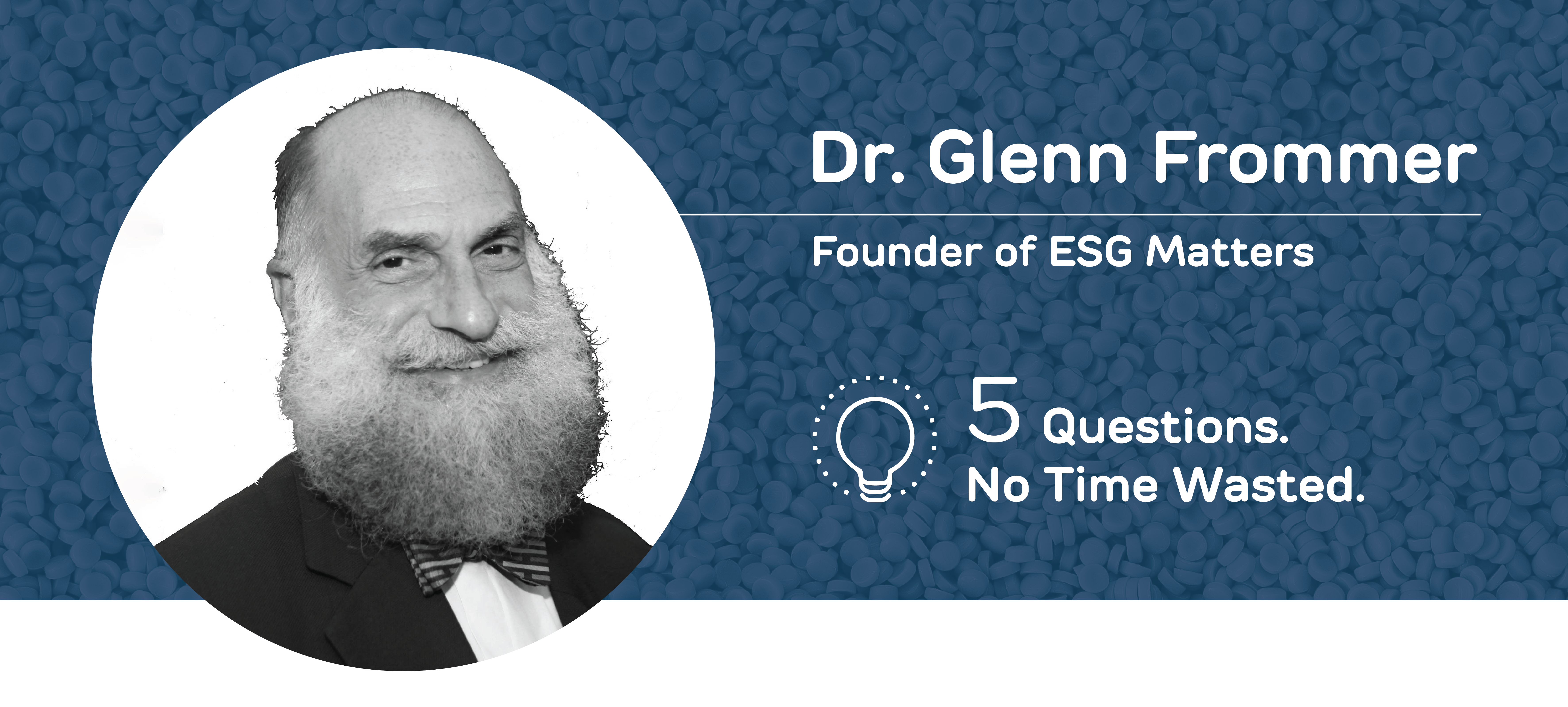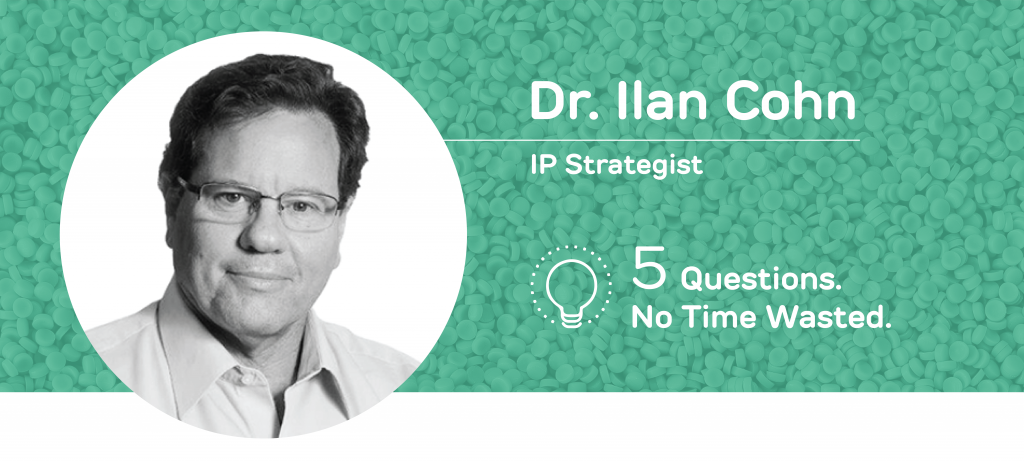1. How did you first become interested in sustainability? Did your Ph.D. in Aerospace influence your involvement in the matter?
I became interested in sustainability in 1970 in connection with the first Earth Day in New York City and my activities with cleaning up the Hudson River in New York with the sloop Clearwater, led by Pete Seeger. I was, however, more attracted to the music at that time.
My Ph.D. has had a direct influence as I learned to apply the learning and discipline of rocket science to health and environmental challenges. I believe the focus and passion for problem solving have supported and directed my growth.
I was involved in research with noise propagation in canyons and air flow in lungs as an undergraduate at NYU. At Stanford I worked on a NASA project to develop a non-invasive method to measure the ongoing softening of astronauts’ bones during long-duration space missions.
In Denmark, I invented a new product to replace mineral wool for sound absorption in ceiling products. This removed a significant irritant, microfibers, from the environment.
The initial focus for the Airport Railway in Hong Kong was to minimize noise and vibration impacts for the travelling public and nearby community. That grew to a more holistic understanding of the air, water, waste and planning requirements, which was energized when the Mass Transit Railway Corporation decided to list on the local stock index and focus moved to franchise operations in China and Europe. This was the start of the full-scale sustainability work in 1998.
2. As a pioneer in the environmental movement, what are the most significant changes you have seen throughout the years?
The awareness of environmental issues, their interconnectivity with social challenges and the institutional governance (ESG) are probably the most significant changes. The movement has also become global, impacting all age groups. Learning and professionalism has become more formalized and specialized, and a new need is growing for sustainability generalists.
3. As an SDG consultant, what role do sustainable materials play when helping companies achieve their full potential?
Sustainable materials play a critical role in the movement to a circular economy supporting the SDGs. The understanding, development and formalization of the 17 SDGs and 169 targets is pushing us to re-learn how to design and manufacture items that can be repaired, reused and upcycled. UBQ plays a critical role in that process.
We still need to develop some basic steps regarding how to separate our waste at source and how to re-manufacture pre-loved / pre-used material. It is a different way of thinking about design, manufacturing, and reuse.
4. What was your greatest achievement when working with the Mass Transit Railway Corporation (MTRC) Ltd. in Hong Kong?
Helping to deliver major infrastructure projects on time and within budget while meeting the social needs of the travelling public and local community were the greatest achievements.
Closely related is the development of the environmental sector in South China and thereafter the Mainland of China. This involves legislation, professional associations, teaching, mentoring, instrumentation, documentation and more.
Enriching the lives of my colleagues and collaborators and learning are also high on the list of achievements.
5. What was your first impression of UBQ Materials, and how did that evolve over time as the company and technology developed?
The concept, manufacturing and wide application were the highlights when I was first introduced to UBQ. I was deeply impressed with UBQ’s value; take waste, make new products, reuse with as light a touch on the environment as possible, all while keeping it simple.
Becoming more familiar with UBQ, I was further impressed with the quality of the team, its leadership and its considered approach to development and application. I found UBQ to be an amazing start-up in a hurry, and one where I would enjoy contributing.
As my involvement grew over time, I could see where some of my scientific and project-related expertise could make UBQ a more professional and efficient company. I look forward to continuing that collaboration for many years.


